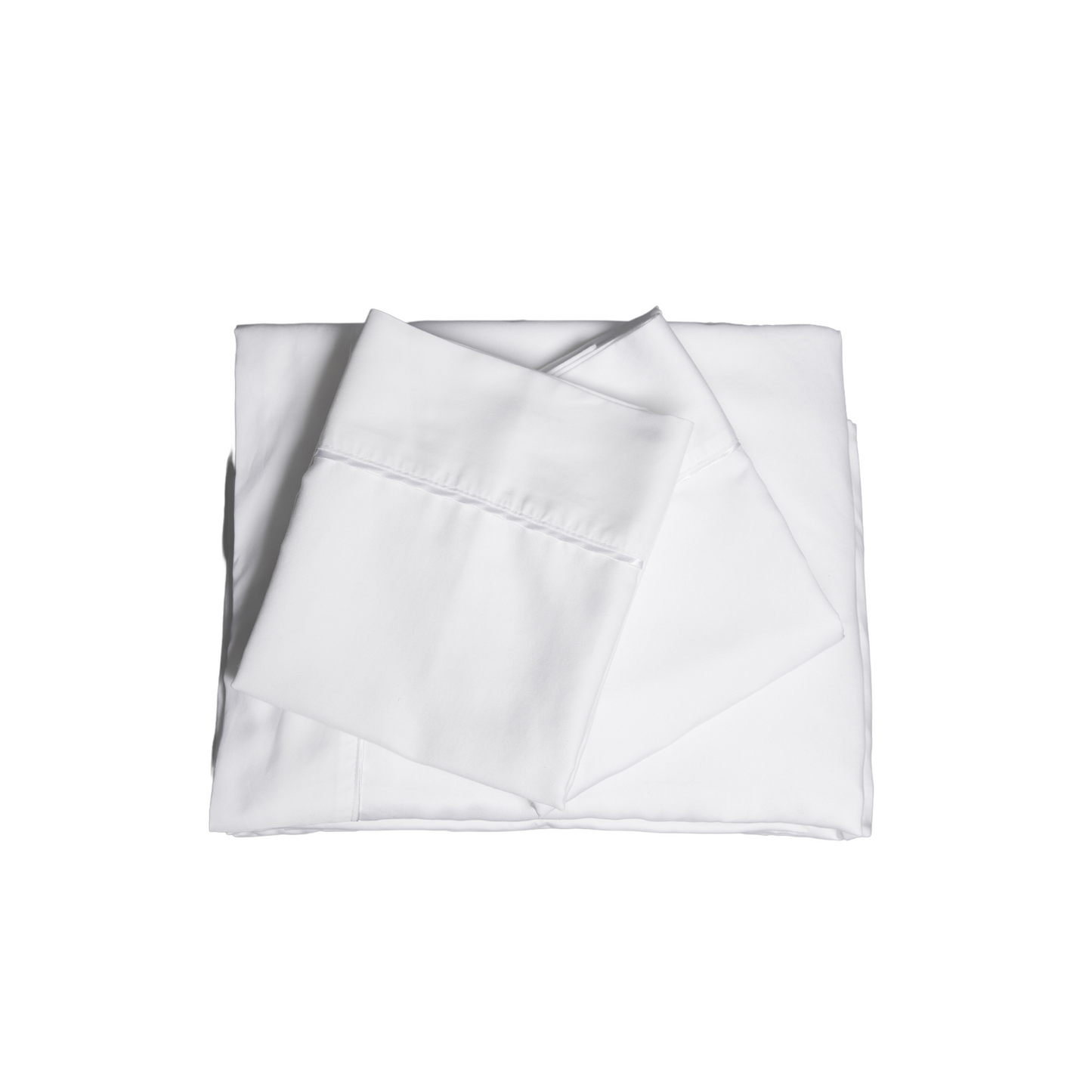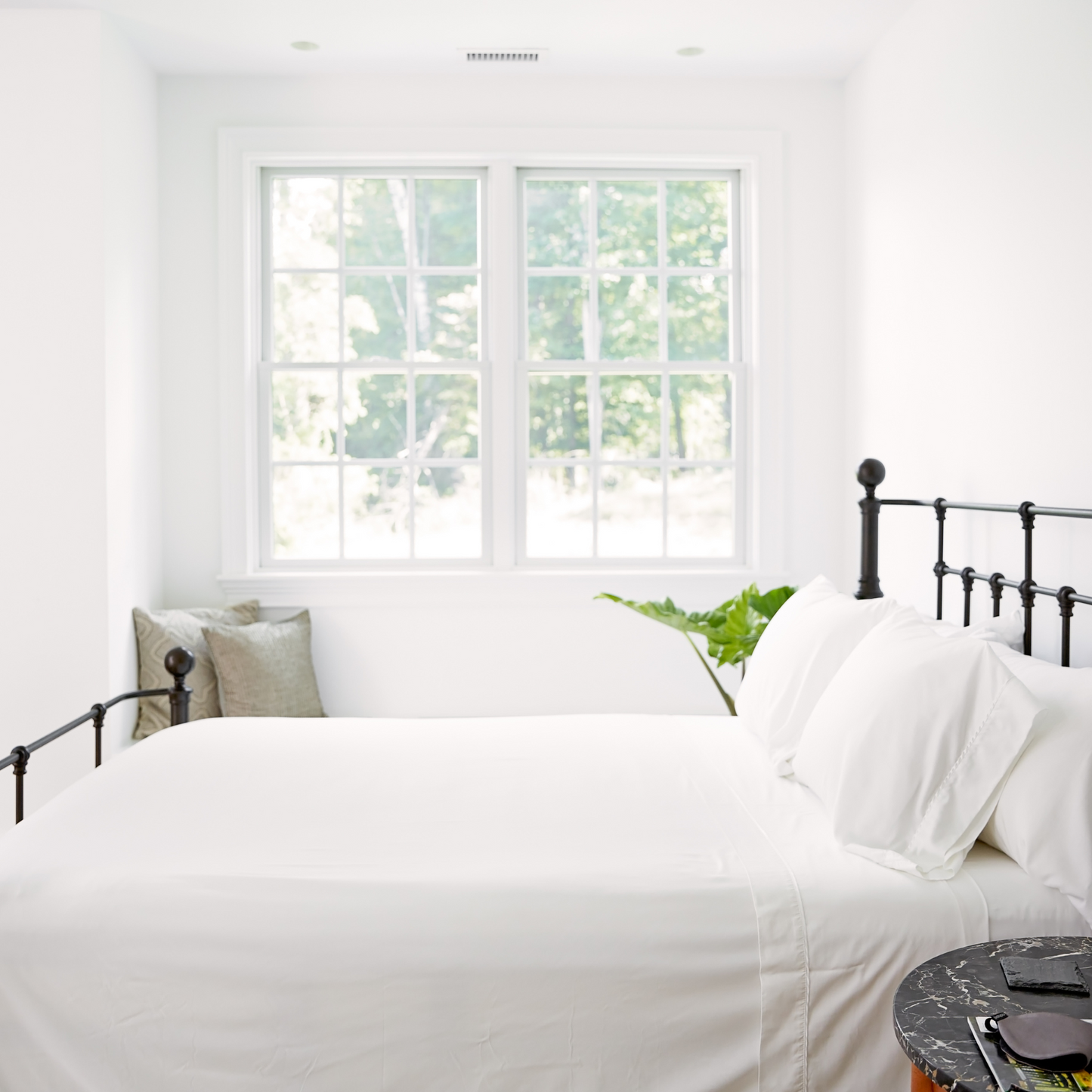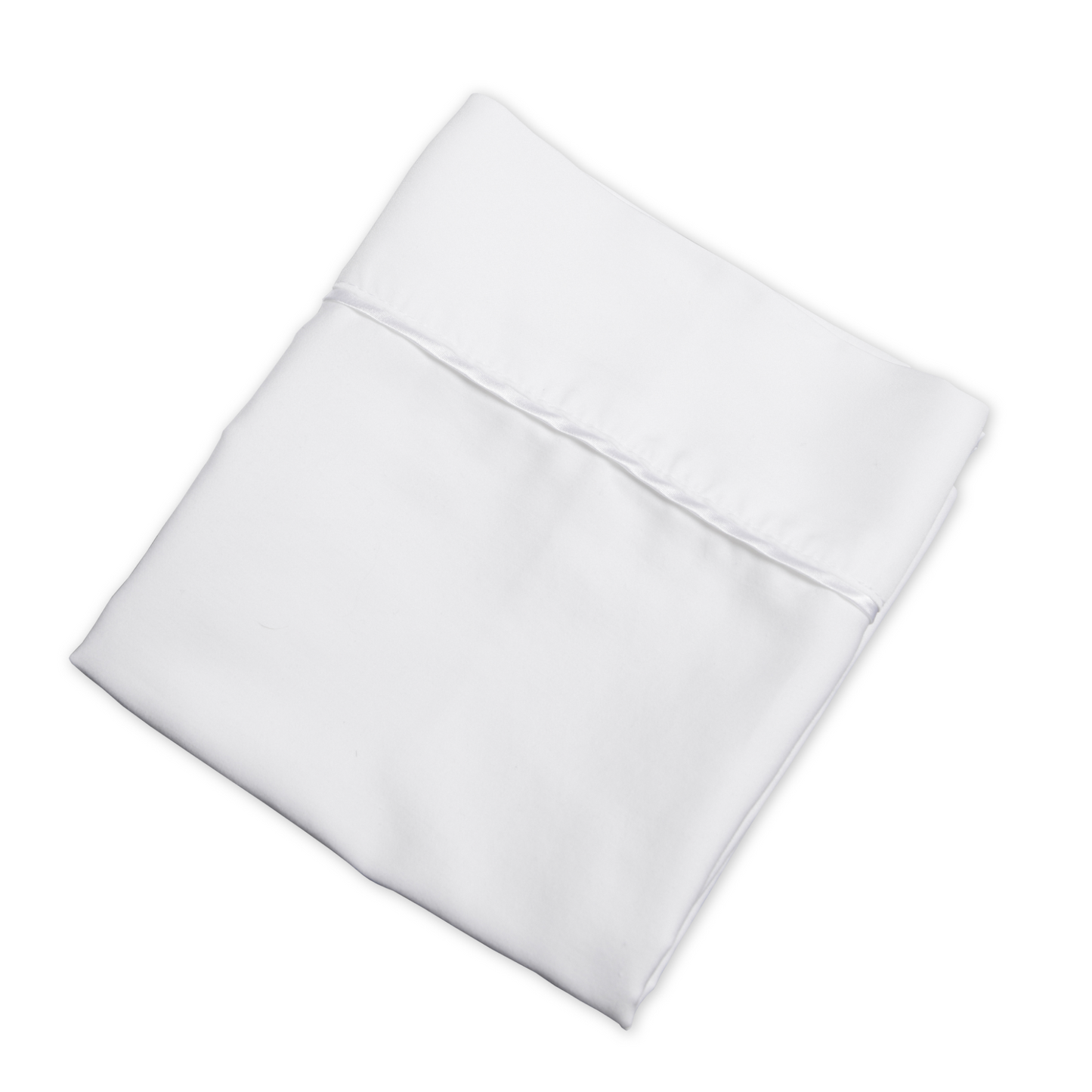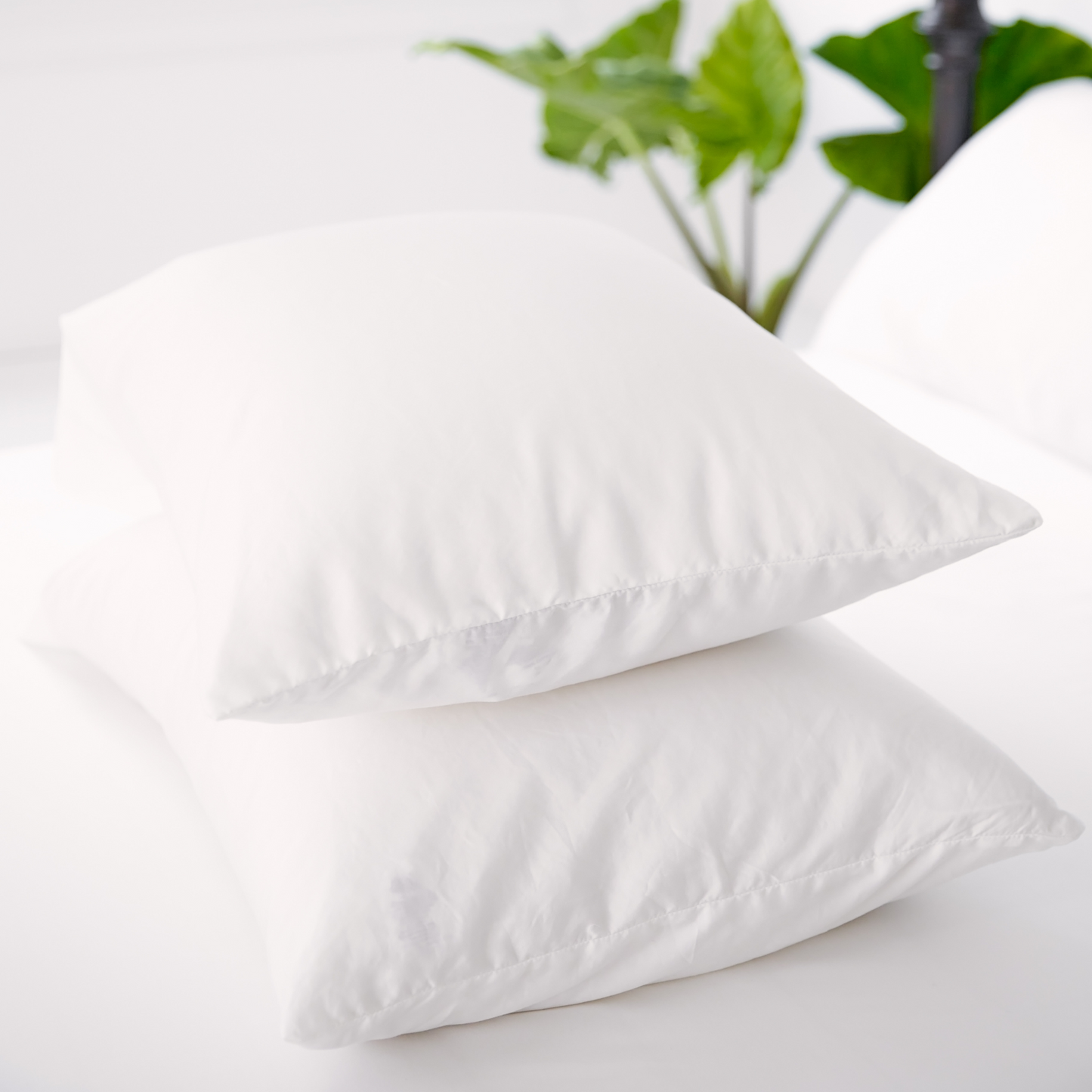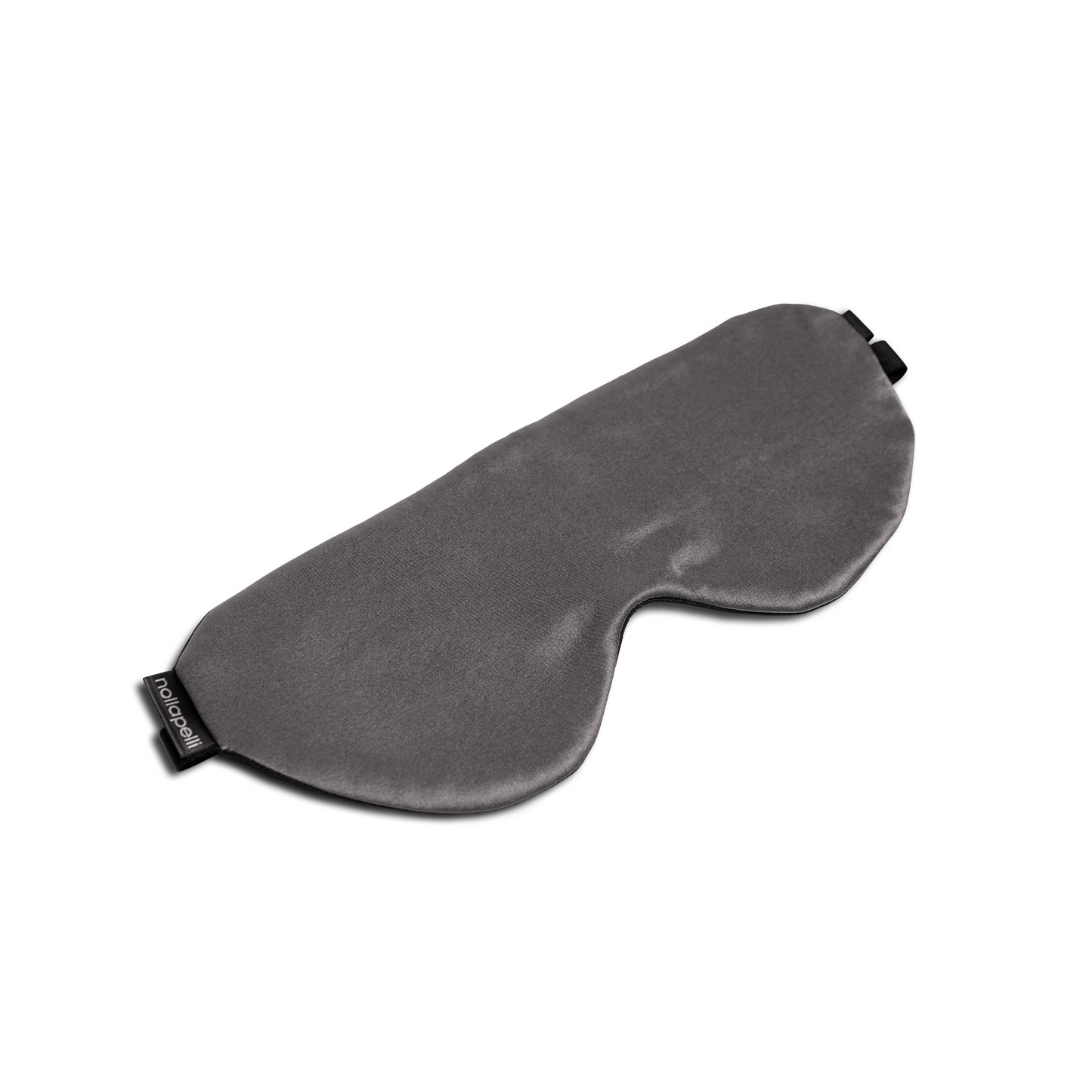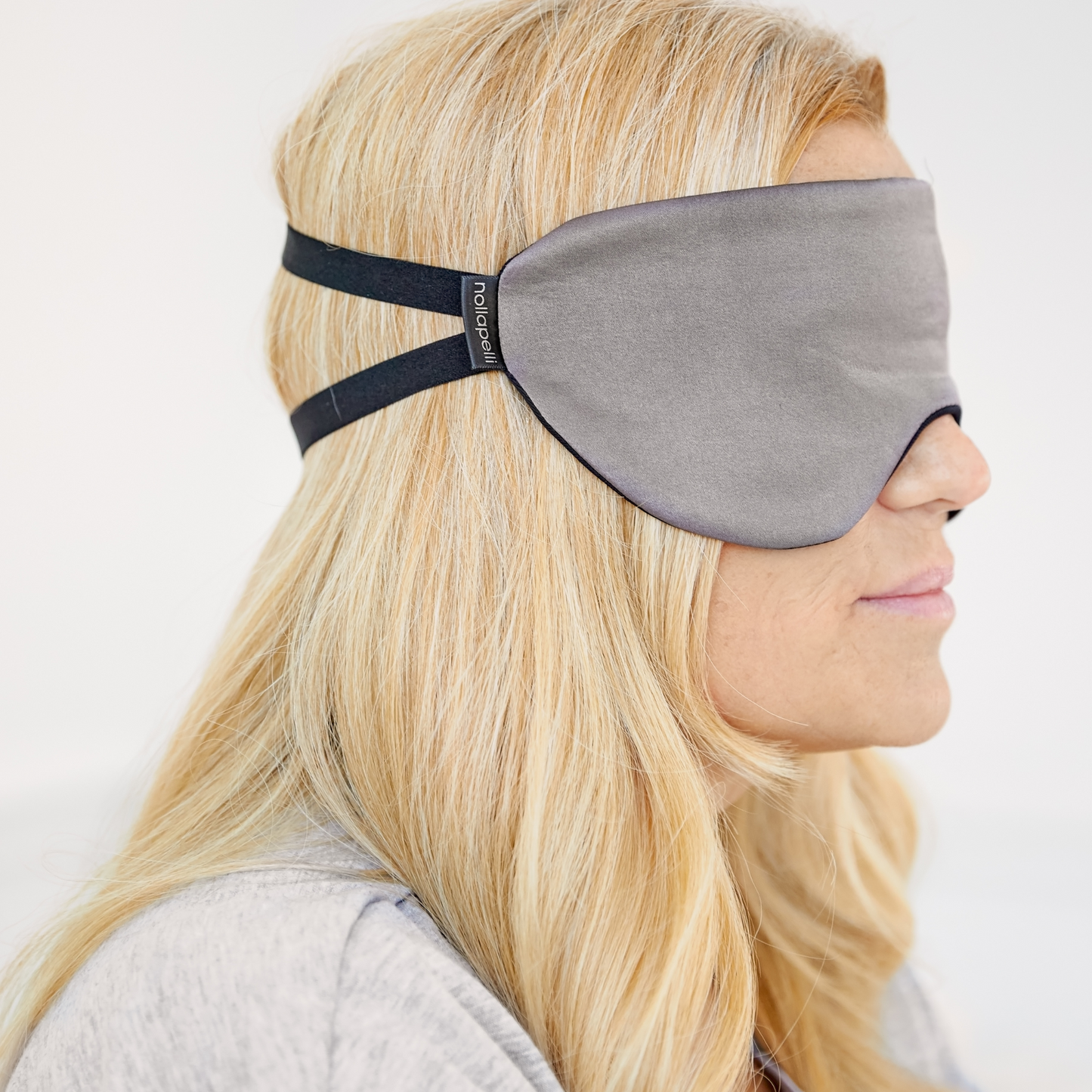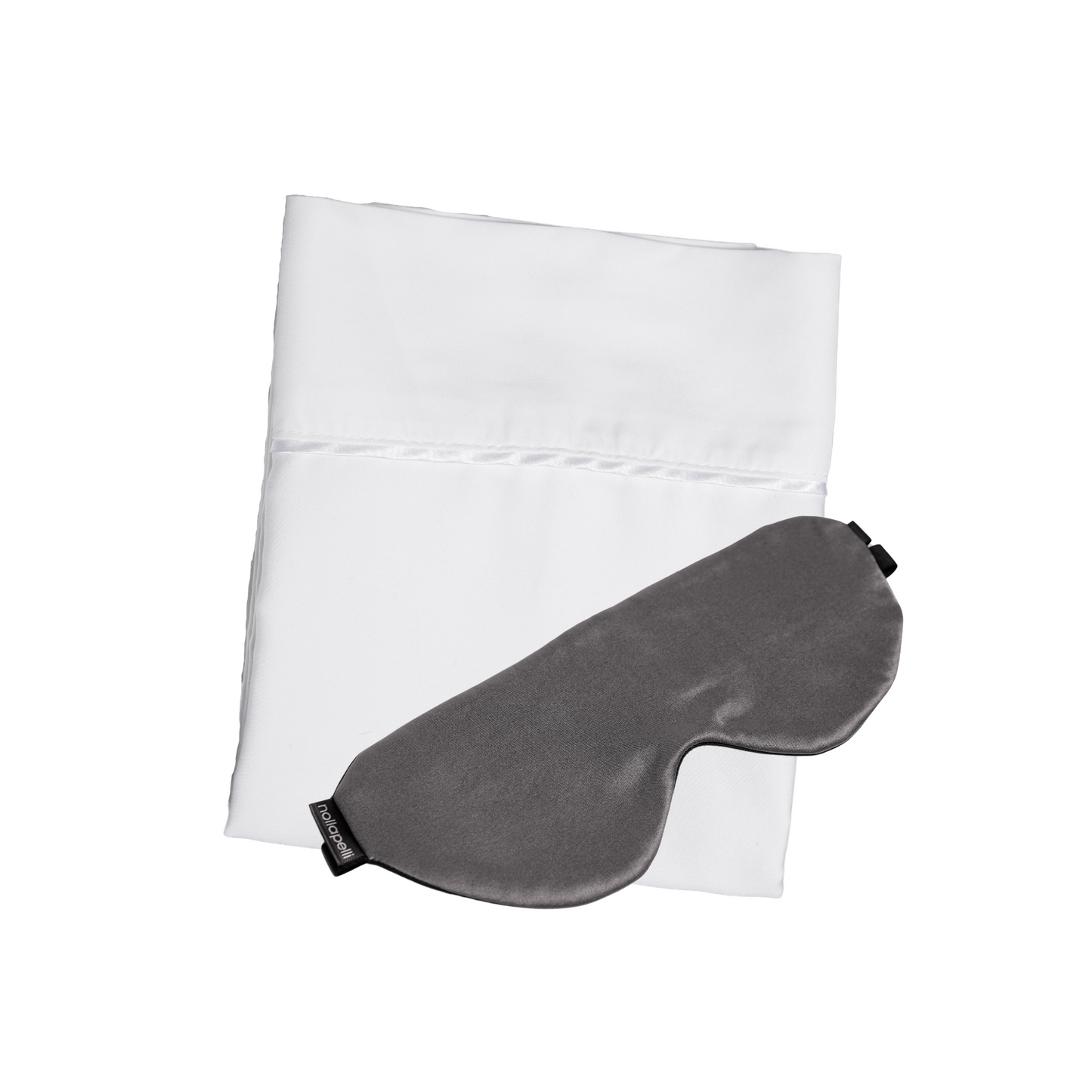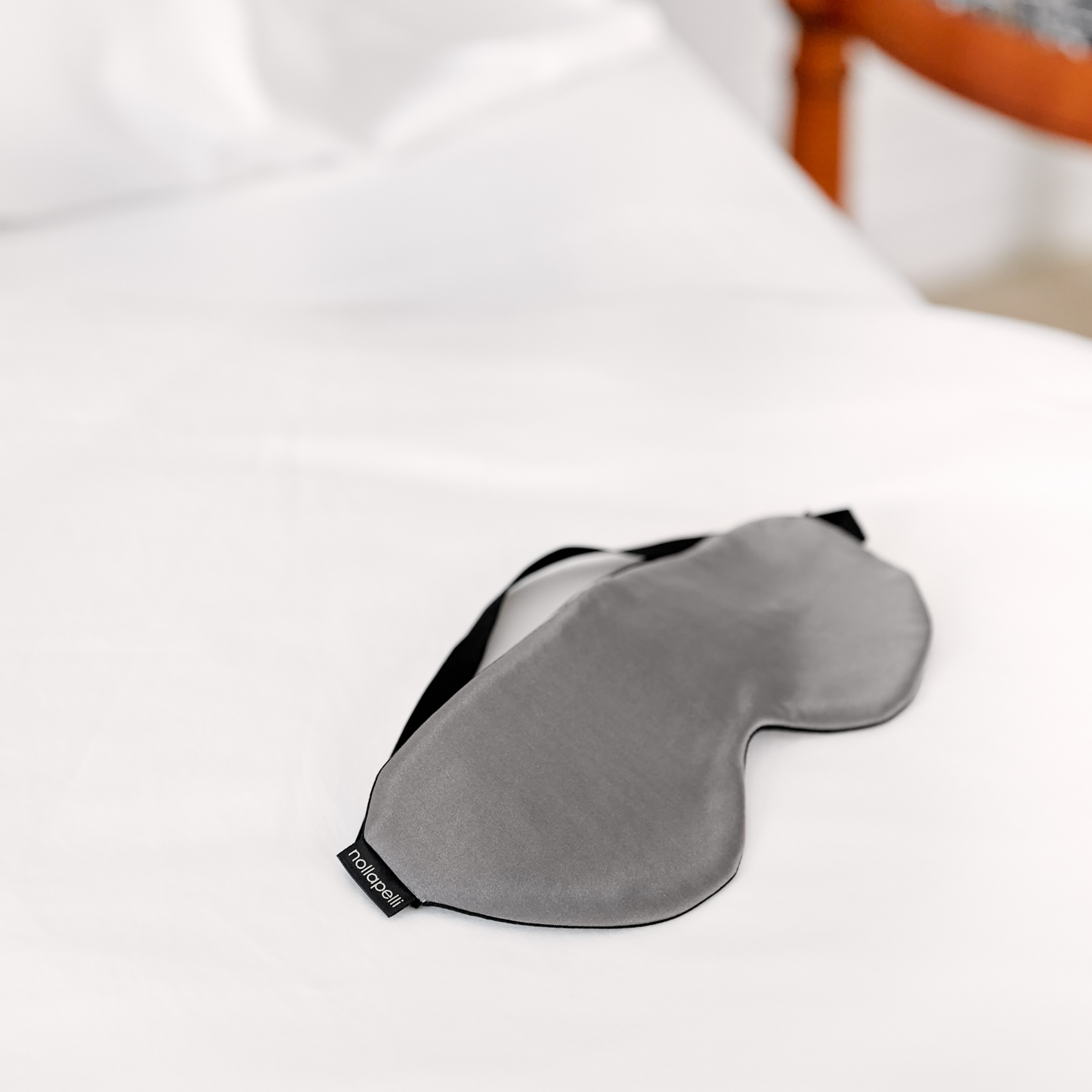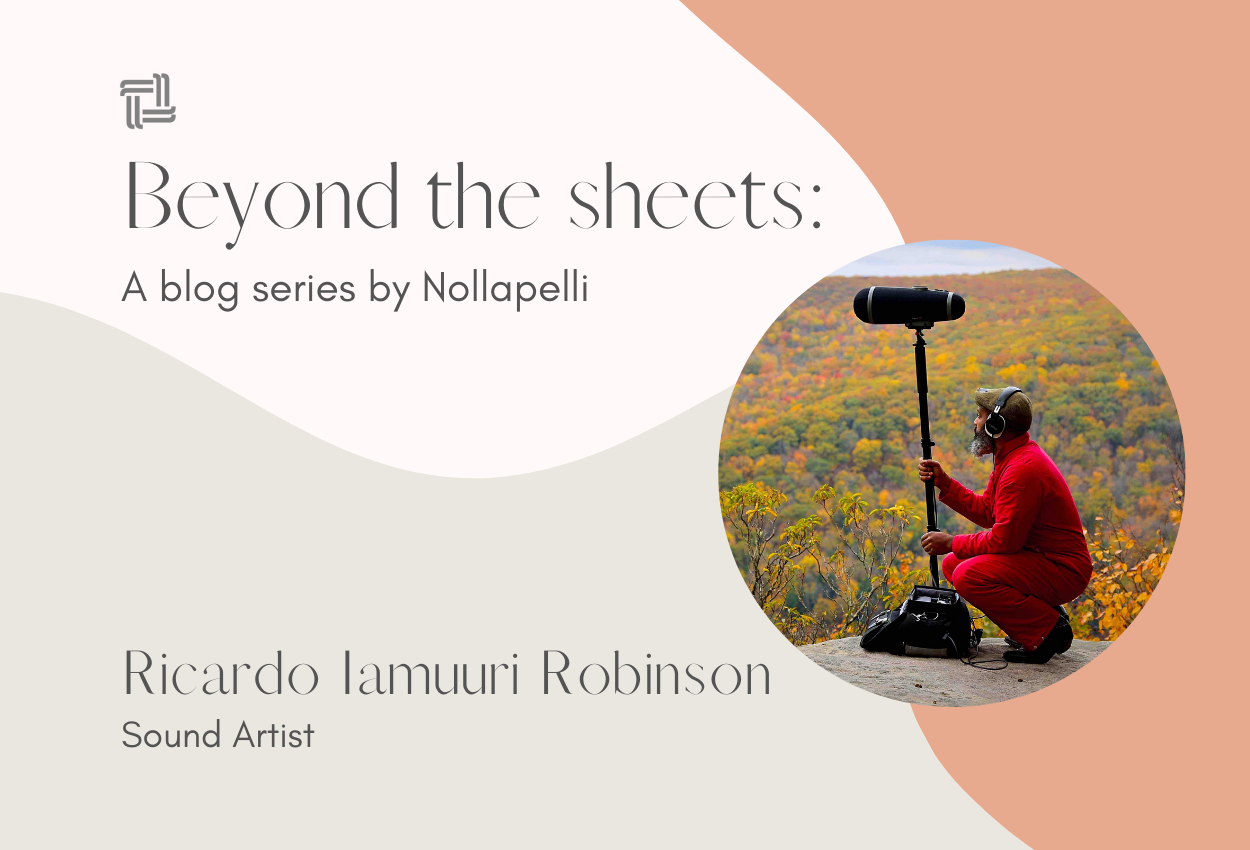
Sound’s Influence on Sleep and Balance with Conceptual Sound Artist Ricardo Iamuuri Robinson
Ricardo Iamuuri Robinson is an eternal student of sound. His work as a conceptual sound artist is called “sonarcheology,” a creative art practice, defined by Robinson, is a merging of improvisational listening with environmental archeology, a subfield of archaeology and is the science of reconstructing the relationships between past societies and the environments they lived in. His work has been featured in everything from documentary films, such as Sustainability Pioneers, to tv series to a feature film, The Rehabilitation of The Hill by Demetrius Wren. He is currently the two-year artist in residence with RethinkVets, where he will be collaborating with members of the post-September 11th veteran community.
We discuss sound as a healer and a pollutant, and the unknown impact of frequencies coming from all of our electronic devices.
Ricardo reveals personal information about his relationship with sleep and sound, and shares the coolest throat sound ever. Ricardo is earnest and provokes thought about the sound, loud and unnoticed, around us. Listen to the full interview audio on YouTube, or read on below.
…
Jessa (Nollapelli): I’ve done a lot of research on your background and how you hone in on sound and you are such an appreciator of sound. I’m interested to hear your take on how sound impacts our wealth, ahhh or health? [laugher]
Ricardo: Which is your wealth… [takes a deep breath]. There has been a certain language that has developed over the years that has finally started to regard sound as something that could be a pollutant. They have spoken on noise pollution and there are also certain levels of sound that you cannot exceed in a residential area to be considerate of the social structure that you live in. So, it is regarded, it's just not out on the front street or main street just yet how important the influence that sound and frequencies have upon our mental health and our day to day. I don't know why that is. Maybe there needs to be a new kind of language that really puts it out there, but yeah, it is, it is considered, it is considered with depth and with understanding and with science and in the medical field. They have always used, well not always, but they have seen the importance of sounds whether it’s creating an ultrasound for your child to give you the picture of the baby that's coming into the world, and heal kidney stones. So they have been able to utilize sounds to implode and explode certain things inside of the body to allow the flow or carry on properly.
And, and we all have our own personal experiences with chalk scraping across the chalkboard or a chair sliding across the floor or sirens from ambulances and police and fire trucks. If our reaction to those sounds is to cover our ears or to squint our faces, then you know, it has an immediate, visible influence upon our bodies. It's the sounds that we don't see the frequencies, that we can't hear, that I'm interested in - the influence of the sound of a smart television or the sound of your cell phone when you're not using it. All of these devices, all of this technology, the power lines and the cell towers, they are, they're all creating sonic influences. And that needs to be regarded.
I think it becomes disregarded because there's a lot of money involved right now. There's a lot of money on the table. So when you start to investigate the influences of these frequencies, these higher frequencies, which can not be heard, but still influence the body and influence the sleep states, sleep phases and stuff like that. You don't realize that maybe some of the problems that you're having is because of how your electricity is flowing through your home.
Jessa: Oh interesting.
Ricardo: Yeah, there's a lot of different just magnetic frequencies circulating throughout our homes. So I encourage everyone to start to look into shielding radiation, electromagnetic shielding and protection. They're already taking that into the fashion world and creating certain clothing, cell phone cases and things to throw over your Wifi, all of these things make noise and they do have an impact on one's mental health over time, for sure.
Jessa: In the sleep world we hear about blue light from our devices and how it messes up our melatonin. And you shouldn't use your devices close to bedtime, but I've never, ever given thought to the frequencies in which our electronics give off.
Ricardo: Yes, yes. And especially just the electricity coming through the home. It's making a sound and it's producing a sound and it's producing a certain type of magnetism. It's influencing the mental state. And, I'm not the gloom and doom prophet on the mountain saying, turn it all off, but I am saying, hey, if they're not going to be considerate, due to play some profit over people, and our society is definitely being pushed into this virtual tele education, telemedicine - this new normal is the phrase that I've been hearing. It's something that people are going to need to start considering the frequencies, the protection, the sonic influences and start to create sacred spaces for your rest. No outlets in a room or something like that.
Jessa: Yeah, really interesting. According to house codes, you have to have an outlet on every wall.
Ricardo: There's a lot of dirty electricity.
Jessa: Wow. And so when we hone in on sleep, what is sound’s role in sleep, whether it's disrupting or helping. What role do you see in sleep? And do you have any sounds that you go to sleep to, or you use to help maintain your sleep?
Ricardo: I am the artist that stays awake.
Jessa: [laugher]
Ricardo: I've been looking for ways to encourage better sleep in my life. It is not present currently and it hasn't been present for quite some time.
Jessa: It's frustrating.
Ricardo: And it's become my normal, which it shouldn't be, but it's become my normal. I'm at a place where I'm still trying to figure it out. It's interesting being a field recording artist and going out and collecting ocean sounds or sounds in the forest or traffic sounds and stuff like that in the urban areas. These recordings are now becoming very popular for people to invest in, to listen to to go to sleep. There’s the audio books where people are reading stories, sleep stories, to encourage sleep. And there's just so many things out there right now saying we need to encourage sleep. And why is that? Why are there so many things on the market right now encouraging sleep? And I think it's because the frequencies that we are playing with keep us alert, or if not alert, in a state that feels like we never rest.
Jessa: You've given me so many topics that I want to research now. I'm really interested in these frequencies in our home. Honestly it makes a lot of sense.
Ricardo: Yeah. There's a lot to learn. When you start to study sound, it's a lifetime field to study. So you get to know the information of today, just like science is always a sort of evolutionary thing where these are the facts today, and then they change somewhere down the line. Truth is the thing that doesn't change, but facts can be changed. That could be a semantic debate, but that's what I'm noticing with science that it all feels like an experiment. They don't know the true impact of things over time. You have to go through the time in order to find out. And we are finding out that something is definitely keeping people awake and disturbing sleep, and there are more anxiety cases. More anxiety has become the norm. People are going into hospitals for thinking that they are experiencing cardiac arrest and stuff like that. I've been one of those people, you know, so yeah. Sleep is going to be a beautiful thing when it returns to my life.
Jessa: Let me know immediately when it does.
Ricardo: Okay. For sure. I do know how to create meditative states which gets me close to slumber. I'm not saying I am a constant insomniac. I would say the majority of nights I'm getting like maybe five hours or four hours. And it isn't because I put myself to bed. It isn't like, okay, Ricardo, it's time to go to bed. Let me go put my feet up under the sheets and pull the covers up and play a little, you know, I don't put myself to bed anymore. I have to pass out. It's wherever my body finally says enough is enough and it's on the couch, it's an old man, just on the other couch passed out, mouth open.
Jessa: I've seen that image many times.
Ricardo: Yeah. So there's a lot of these moments where I'm passing out throughout the day naps, but they're never really intentional. They feel like I just slide into them.
Jessa: Yeah. Well, your body needs to restore. Your body needs to go back to homeostasis and it's telling you so.
Ricardo: Correct. It just shuts down.
Jessa: I want to pivot a little bit and talk about, I think now more than ever, people are trying to reach for more simple things. They're trying to appreciate what is in front of them. I would love to hear your take on, despite our world being full of noise and sound, there are a lot of beautiful, beautiful sounds out there, and a lot of them go unnoticed on a daily basis. Whether that's birds chirping or whatever it may be that brings pleasure to your ears. For someone that wants to be more present, and that can start with sound, how would you go about telling someone how to notice those unnoticed sounds of the day.

Ricardo: I think it starts with the breathing [inhales deeply], and listening to your yourself breathe. I think that is a great point of departure that brings about awareness of your own self and it depends on what you're bringing to the table because sometimes that kind of self awareness can be too much and you don't want to overdo it. You have to find what is, what is right for you. For me, I've asked myself the question - have you heard yourself listening and have you listened to yourself hearing? It's interesting to play with the language like that because they can both speak, it could be a synonym, listening and hearing, but let's say that they're not synonymous and that there is more intentionality in the listening.
The act of listening and hearing is something that is just done with, or without your consciousness, without your involvement. If you’ve been given the sense of hearing in this life, it just happens. But listening becomes this sort of, now I'm involved, I'm present. Now I'm being selective with what I want to listen to. And that's putting more of your attention in a certain direction. If you're listening to the birds with the, but there's traffic all around you and other sounds going on all around you, but you're focused now and you’re listening. I would say it starts with being able to understand the distinction between the hearing that happens without your presence and the listening that demands your presence.
...it starts with being able to understand the distinction between the hearing that happens without your presence and the listening that demands your presence.
Jessa: Oh, and mike drop [laughter]. That was a powerful sentence. I'm such a wordsmith, so you have to be tied around your finger there. That was beautiful. Wow. I'm really going to think about that after this call.
Ricardo: It’s like I said, it becomes lik sound studies and studying sound - how important it is and how we're using it. I do believe it's the medicine of the future and it will be used in way more ways. It's being used now. You have sonic baths out there that you can go and lay on a yoga mat. There's a sort of talent that is working the crystal bowls or the Tibet bowls, sound tables where you can lay on a table and there's a speaker beneath it. It starts to align all of the water that's in our bodies, and if you have seen what sound does to water, outside of yourself, it's happening inside of yourself.
There's certain frequencies that can really, really make you feel clear and aligned. Everything is just together, you know? Then you can start to understand, oh, snap, I do have a relationship with a frequency. I am a transmitter. I am a receiver. All of this technology that we use, that we think we're in control of, we are actually the technology ourselves, all the things that were you using these things for our body already does. I'm not getting all mystical. I'm just saying we transmit communication and information. We also receive communication and information through hearing, through taste, through our senses, so it's happening, that exchange with life, it's happening. And I believe it has an impact.
Jessa: It's really, really interesting. It’s awesome to hear you talk about it. Your passion really shines through, and like you said, this is a lifetime commitment when it comes to the study of sound. I'm personally really interested to just watch your journey.
Ricardo: Awesome, awesome.
Jessa: My last question is normally what's one thing you do for your sleep every day, but I'm going to rephrase it a little bit for you. So tell me something that you do to restore your body, mind, soul, your spirit every day. Since sleep is not in your repertoire all the time, what's something you do to restore every day?
Ricardo: I actually create this interesting sound where it's, I don't know if I can do it right now, but it's a [Ricardo’s throat sound]. It's like Tibetan throat. Yes.
Jessa: Can I say that just came from you, right? Like that just came from you. That was incredible.
Ricardo: So, me being aware of that, it does something in my chest. It feels so good anytime I hear myself doing that, I know that I must've just dipped into something that was uncomfortable and now I'm doing it to like, bring myself back to center. Sometimes it's not even conscious anymore. It's just a reaction to do these little chants every now and again. That's one thing that I've noticed that I've done - chanting.
I also love to do this thing called slow walking, just taking off your shoes and then going out, you know, hopefully you have some grass around or something where some dirt instead of concrete, and you can just ground yourself in your backyard, kind of just walk around as slow as you possibly can without looking like you're a drunk [laughter].
Jessa: [laughter] Gain that balance.
Ricardo: But, eating good food and water. Water is very important for me to really feel restored. Also just feeling as though the day was productive - I created some work of art. I'm always creating something every day - if it's a musical composition or just a sound collage or something visual to compliment a soundscape. Also seeking out these places, seeking out the places that have less obstacles, such as the ocean, when the ocean calls, I go running. In these spaces, the filters are thinner, so even though there's activity on these beaches and stuff like that, it doesn't eclipse the sound of the ocean. It doesn't, it can't. Sometimes I look for spaces that are not dominated by modern civilization and the soundtrack for that.
Jessa: The chanting is incredible. That's a gift. Oh my goodness. That's amazing. I can't thank you enough for your time, Ricardo. This was, this was truly eye opening.
Ricardo: It was brief, but I hope I answered that. I'm sorry I’m not a sleeper yet.
Jessa: Well, I mean, I appreciate your honesty because I'm sure a lot of people aren't. I know a lot of people aren't, I mean, I work for a sleep company and sometimes I'm not. It's all a challenge for us. And so I really appreciate the honesty.

